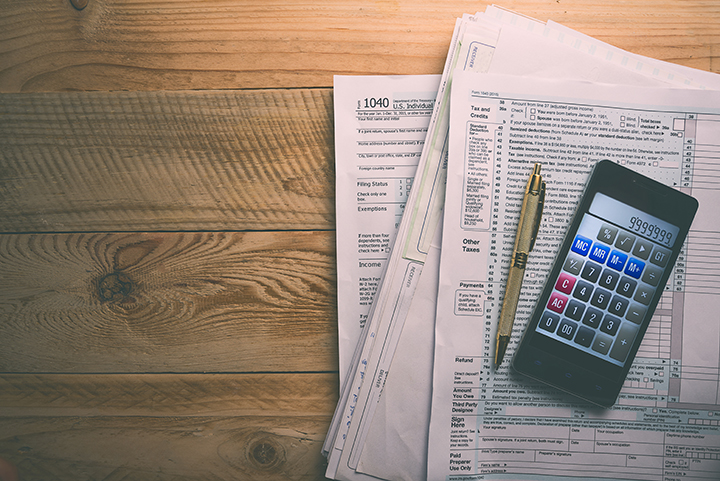5 Steps to Double Your Income Using 1031 Exchanges
Efficiency is the backbone of success. There are many ways to earn money under the umbrella of real estate business, each with its own idiosyncrasies, that have tremendous earnings potential if carefully considered and successfully executed. One often-ignored tax law that could help you earn a significant amount of additional income is the 1031 Exchange. Basically the 1031 exchange permits you or a client who owns an investment property to be exempt from income property or gains taxes with the purchase or similar replacement property. There are, of course, countless details that must first be examined, and each individual situation will have its own particulars, but with some research and planning, a 1031 Exchange could be a worthy investment with great potential for profit. You can think of the exchange kind of like swapping snacks from your lunch box with your friends; there are many factors to consider before making the final deal. The following five steps will help you get started on the road to doubling your income using 1031 Exchanges.
1. An eye for an eye
Trading Doritos for Cheetos might be a good deal, but no one wants to trade a cookie for a carrot. Before initiating a 1031 exchange, make sure that the two properties involved are the same type of property, and that the same person is on the title for both properties. It’s also important that the new property being purchased is worth the same amount or more than the original property, and that neither of those properties is your primary residence. Like for like is the name of the game with a 1031 exchange, but leave your primary residence out of the equation.
2. Play the Numbers
Once you’ve sold your original property involved in a 1031 exchange, you have exactly forty-five days to identify a new replacement property. No exclusions, exchanges, or exceptions apply. The other magic number is 180. That is the number of days that you have to actually purchase a replacement property. If someone trades you their chocolate milk, and you agree to give them a juice box in return, they’re not going to wait forever for you to cough up the goods. This means it is definitely a good idea to have the new property lined up and ready to go before you sell the first place. Also, make sure that new property is in the United States. The trick is to make the transition between properties as smooth as possible so that you can continuously roll over to increasingly valuable properties and maximize your profits.
3. Mirror Mirror
Exemptions from taxes on property gains are only applicable for cases in which both properties are as similar as possible. The two properties must be the same type of property, and the intended uses for each need to be the same. Similarly, the value of the properties should be equal, or else multiple replacement properties can be purchased in order to add up to the same amount, or more than the original property. Keep in mind that properties purchased exclusively to be flipped will not qualify for a 1031 exchange. The names on the titles of both properties must also match, but both properties cannot be registered under the same name at the same time. Just think #twinning.
4. Get your right-hand man back
As tempting as it may be to handle all the details of the 1031 exchange yourself, all and any finances involved in the exchange must be handled solely by a third-party intermediary. It’s similar to the process you go through when you really want to trade with the kid who beat you in kickball yesterday, but you don’t want to talk to him, so you send the quiet kid who’s friends with everyone to handle the transaction. All of the money from the sale of the original property must be kept in a separate account by an independent third party. No family relations or friends can be involved. Funds must be secured in neutral territory. Even the paperwork from the sale is completed by the third party, so make sure you don’t stash the cash under your mattress.
5. Keep the Momentum
Once you understand all of the stipulations involved in a 1031 exchange, the potential for profit is endless. Make sure that you review all of the details of the exchange with a real estate agent, CPA, or attorney before jumping into the process, because the process can be complicated the first time through. However, after all of the hurdles become easy jumps for you, try to keep the momentum going by continuously seeking replacement properties. As your investment property increases in value, you can use that to your advantage, and sell the original property for another with a better location or more potential for a return on your investment. As long as the new location meets all of the requirements for the 1031 exchange, you are exempt from property gains taxes, so you can use the saved money to seek ever more valuable investment properties. You could double your income with some patience and persistence, and definitely end up with the best lunch of all.



